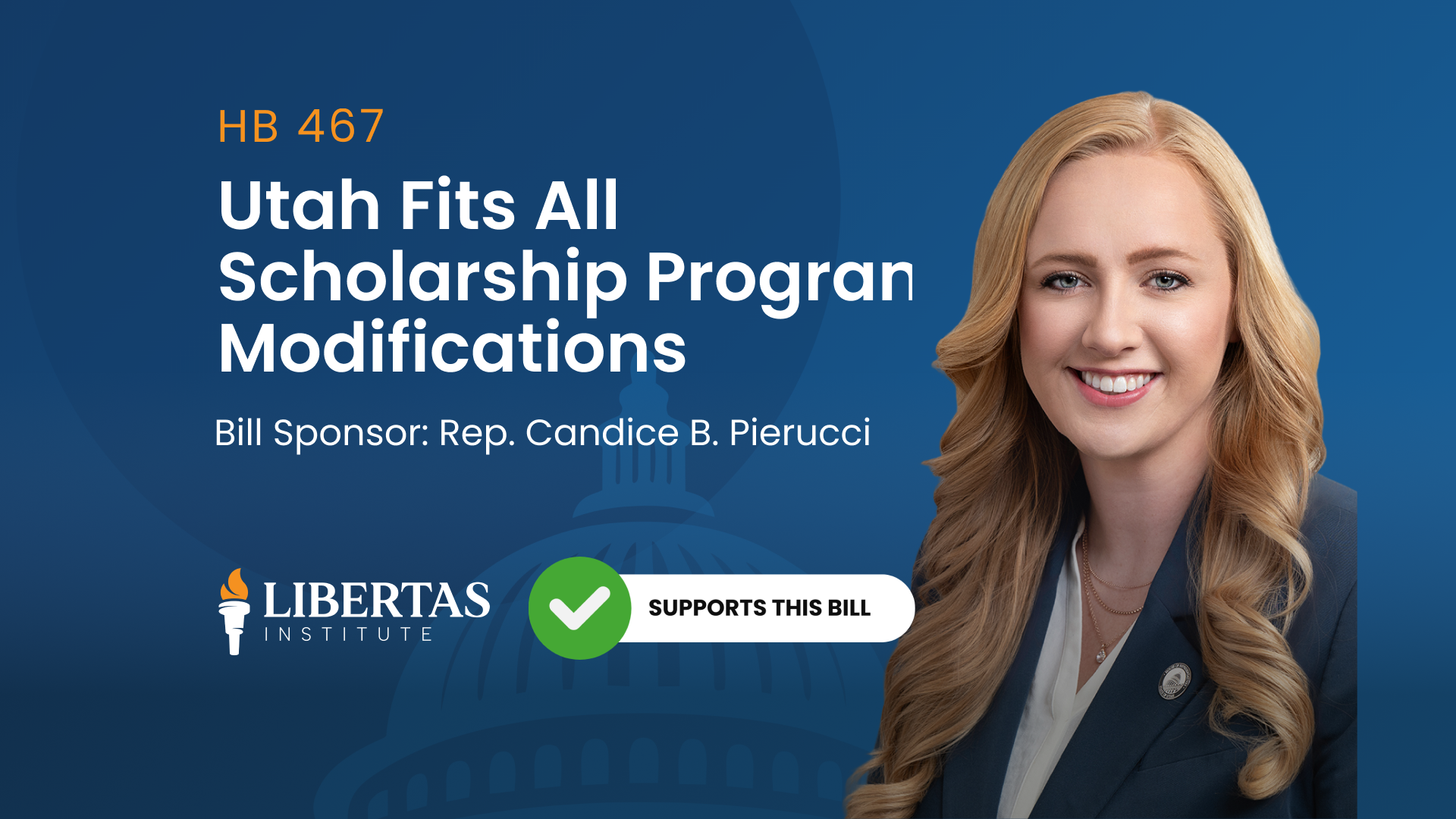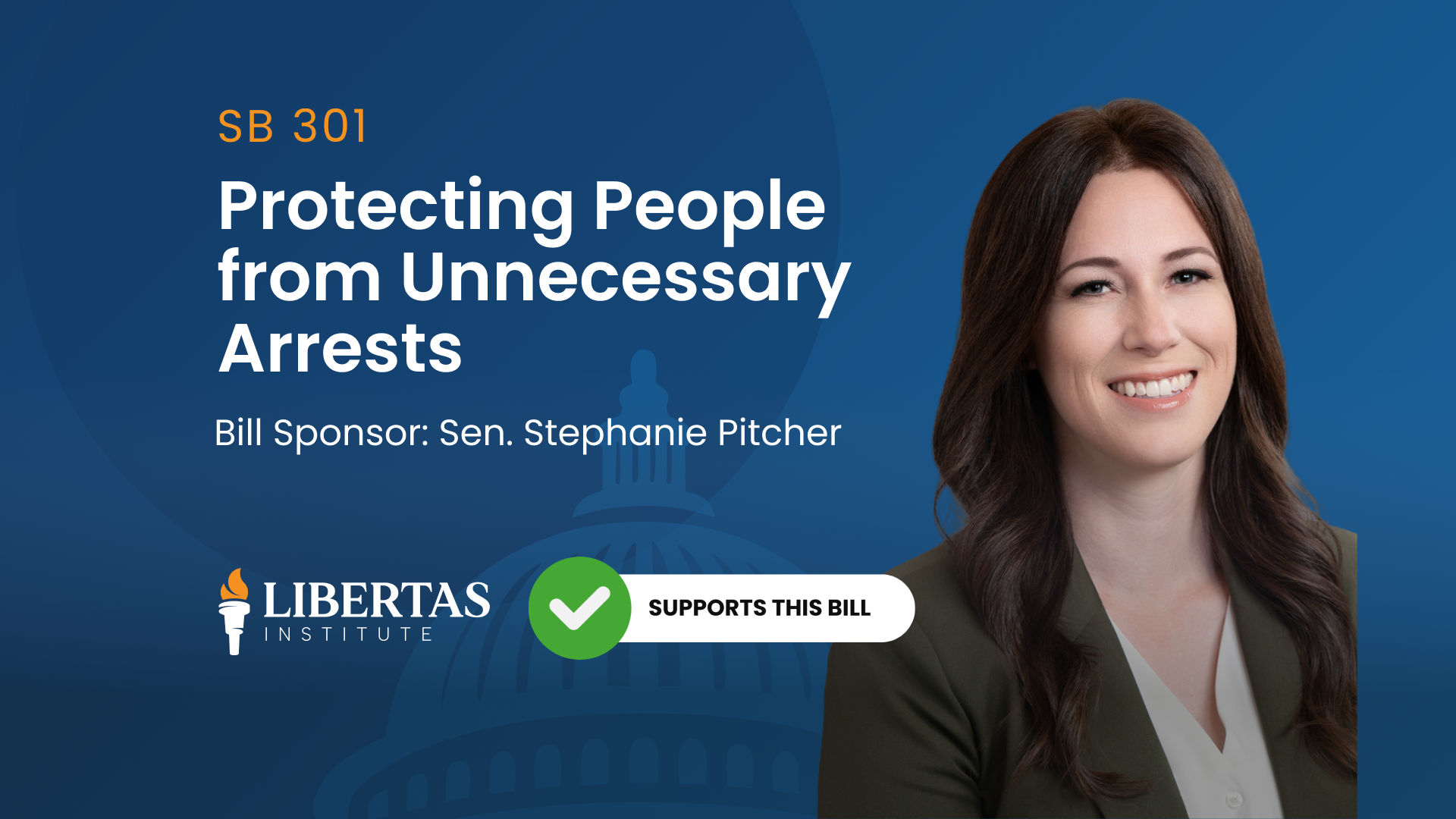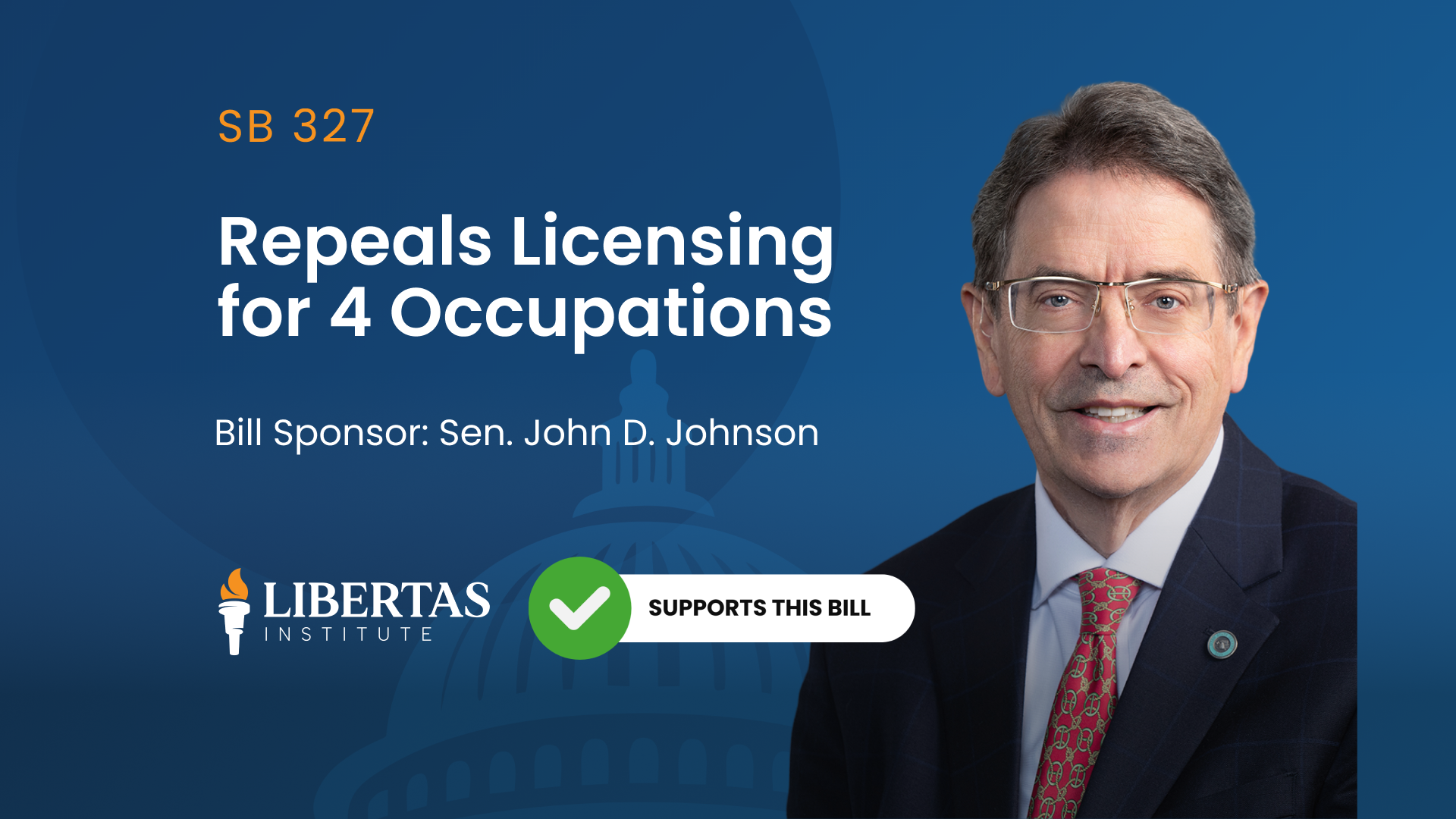To track the status of this bill, find it on our Legislation Tracker. Click here to contact the sponsor of the bill to share your thoughts, or click here to email your Senator and Representative about it.
Libertas Institute supports this bill
Microschools are emerging across Utah, providing families with alternative education options that better meet their children’s needs. Unfortunately, there are still regulatory hurdles that these school founders face from regulators.
That is why Senator Lincoln Fillmore is expanding his legislation from last year in Senate Bill 272.
Microschools are small, flexible learning centers that create education models that are very different from what we traditionally think of as a school.
Senator Fillmore’s bill broadens the types of buildings where microschools can operate, allowing them to be housed in churches, gymnasiums, museums, city buildings, community theaters, and other safe, community-friendly spaces where we already trust our children to be.
In addition, this bill provides clarity to local and state health departments that they should be treated differently than traditional schools. Alex Cheung and Ian Silverburg have been trying to open their microschool in rural Weber County. They have purchased a modular building that was previously used by a school in Granite School District. But they were being asked to install a nurses room for their learning center of 10 students because that is what is required of traditional schools. This added a financial burden to their construction, and they are still waiting on approvals from the county.
Another founder went through an inspection to upgrade their barn to a commercial space as required by the current law, but after completing the recommended changes, the inspector was not willing to completely certify the entire building. They have luckily been able to use the bottom floor, but are still working on opening the rest of the building so that they can expand their school.
These restrictive regulatory barriers are unnecessary and prevent some founders from opening their businesses. That is why we need these changes to the law.
As one health department official stated, these are not what we typically think of as schools, so it makes sense to treat them differently.
These new schools are innovative, and need the space to create something different without overly burdensome regulations.




